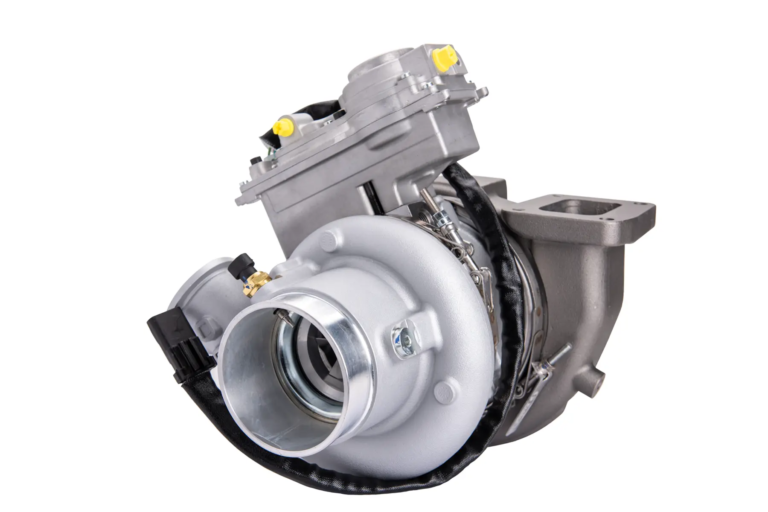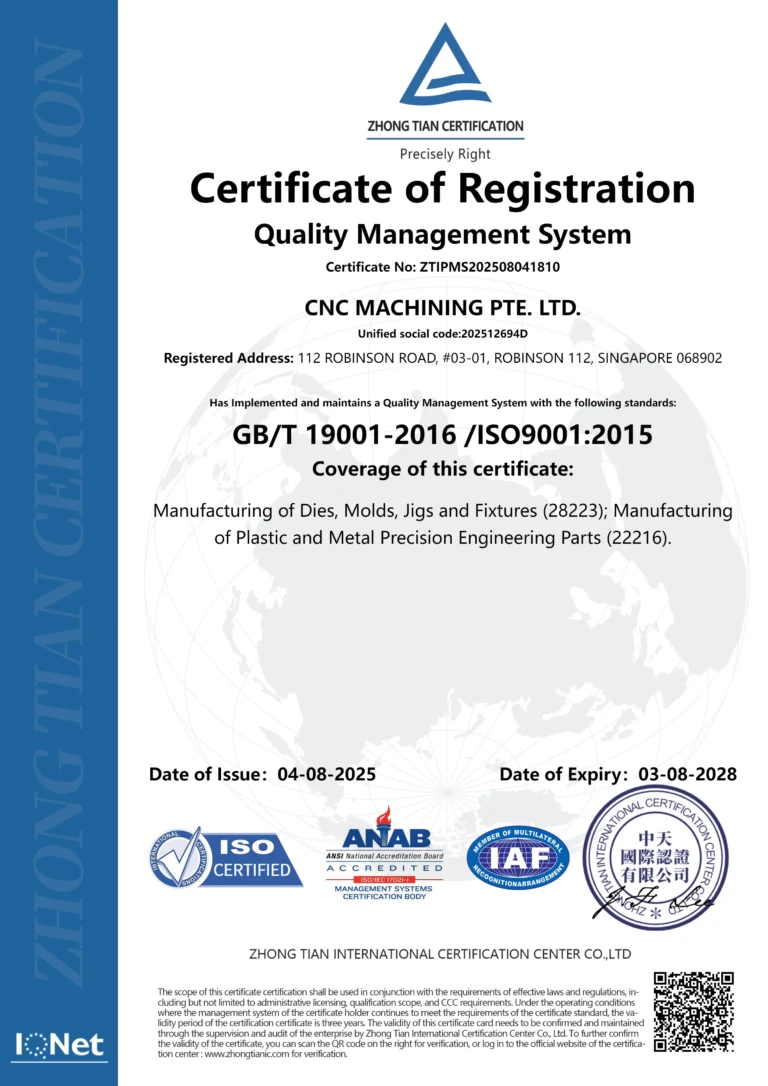The Future of Processing: How CNC Gantry Processing Completely Changes Production
In recent years, the manufacturing industry has seen a major shift in adopting cutting-edge technologies, especially CNC machining. Among these innovations, CNC gantry machining has become a game-changer in the production process. By providing unparalleled precision, speed and flexibility, CNC gantry machining revolutionizes how manufacturers approach metal parts production. In this article, we will explore the benefits and applications of CNC gantry machining and why it has become an important tool in modern manufacturing.
What is CNC gantry machining?
CNC gantry machining is a computer numerical control (CNC) processing that uses gantry machine tools for metal parts production. This type of machining combines the benefits of CNC machining with the accuracy and flexibility of the gantry system. Gantry-style machine tools consist of a U-frame or portal structure that provides a wide range of motion and high precision. This setup enables it to process complex parts with tight tolerances and complex shapes, making it ideal for applications in the aerospace, automotive and medical industries.
Benefits of CNC gantry machining
CNC gantry machining offers many benefits, making it the preferred choice for manufacturers. Some key advantages of this technology include:
- High precision: CNC gantry machining provides excellent accuracy and repeatability, ensuring the exact specifications required to produce parts.
- Increase speed: With its high-speed spindle and advanced CNC control system, CNC gantry machining greatly reduces production time, thereby improving overall productivity.
- flexibility: Gantry-style machine tools allow extensive movement, allowing for machining of complex parts with multiple functions and shapes.
- Effective material use: CNC gantry machining can optimize material usage, reduce waste and minimize the need for post-processing operations.
- Scalability: This technology can easily handle small and large batch production operations, making it suitable for a wide range of applications.
Application of CNC gantry machining
CNC gantry machining has many applications in various industries, including:
- aerospace: Complex aircraft parts, satellite components and missile components are produced using CNC gantry machining.
- car: Use this technology to produce engine components, transmission parts and suspension systems.
- Medical: Precision medical implants, surgical instruments and dental implants are produced using CNC gantry machine.
- vitality: Use this technology to process turbine components, compressor blades and nuclear power plant components.
in conclusion
CNC gantry machining revolutionizes the production process by providing unparalleled accuracy, speed and flexibility. Its ability to handle complex parts, reduce production time and optimize material use makes it an indispensable tool in modern manufacturing. With the increasing demand for precise parts, CNC gantry machining is expected to play an important role in meeting the needs of the global industry.
FAQ
Q: What is CNC gantry machining?
Answer: CNC gantry machining is a computer numerical control (CNC) processing, which uses gantry machine tools for metal parts production.
Q: What are the benefits of CNC gantry machining?
A: The benefits of CNC gantry machining include high precision, improved speed, flexibility, effective material use and scalability.
Q: What types of industries can benefit from CNC gantry machining?
Answer: CNC gantry machining is used in aerospace, automotive, medical and energy industries.
Q: Can CNC gantry machining handle complex parts?
A: Yes, CNC gantry machining can produce complex parts with complex shapes and multiple functions.
Q: Is CNC gantry machining suitable for small- or large-scale production?
A: Yes, CNC gantry machining can be equally easy to handle small batch and large batch production.
Q: What makes CNC gantry machining a popular choice for manufacturers?
A: CNC gantry machining provides unparalleled precision, speed and flexibility, making it an indispensable tool in modern manufacturing.


















